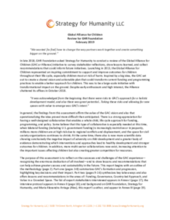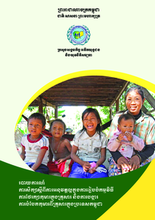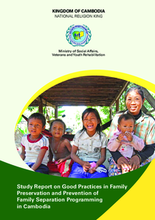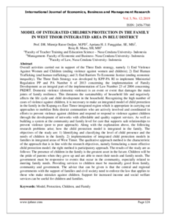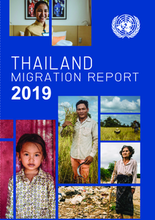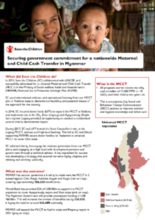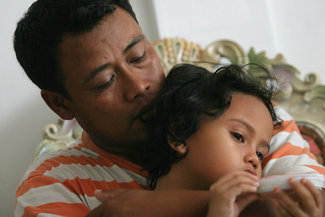

Displaying 251 - 260 of 753
The purpose of this assessment is to reflect on the successes and challenges of the Global Alliance for Children (GAC) experience, a large-scale initiative to support and improve outcomes for children throughout their life cycle, especially children most at risk of harm.
The Families First Programme, an adaptation of the Positive Discipline in Everyday Parenting Programme to the West Java context, is a parenting support programme anchored on children’s rights that gives parents guidance on child development, parenting and positive discipline practices. This trial will evaluate the effectiveness of the Families First Programme compared with a waitlist control group.
As a member of the Senior Management Team (SMT) in Cambodia, the Director of Program Development and Quality (PDQ) is responsible for driving cross-functional engagement in the development and delivery of the Country Strategy Plan (CSP), developing annual plans and reporting on results.
The Head of Global Programmes will lead on expanding the reach, quality and impact of Hagar's programmes globally.
This short human rights in action article takes a critical approach to the translation of policy to practice and highlights risks involved with haste, outcomes measured in numbers and unrealistic timeframes, and rapidly transforming practice with nascent investment in a country’s capacity to assess and respond to the real needs of children and families within their communities.
This report (in Khmer) provides in-depth analysis of programs of 7 different NGOs in Cambodia working on the prevention of family separation and family preservation in order to respond to risks related to physical and mental well-being and domestic violence.
This report provides in-depth analysis of programs of 7 different NGOs in Cambodia working on the prevention of family separation and family preservation in order to respond to risks related to physical and mental well-being and domestic violence.
The objectives of the study are: 1) Identifying and classifying the level of child presence and the needs of children in the family and 2) implementation of integrated child protection models in families in integrated areas of West Timor.
The Thailand Migration Report 2019, jointly produced by members of the United Nations Thailand Working Group on Migration, contains 11 chapters covering themes such as working conditions, access to services, remittances, human trafficking and exploitation. UNICEF, along with UNESCO, has co-authored Chapter 6 on Strengthening Access to Services for Migrant Children in Thailand.
This document summarises Save the Children's involvement in supporting the Government of Myanmar and other partners to test and roll out a "First 1000 days" Maternal and Child Grant Programme that has proven to prevent chronic malnutrition.

